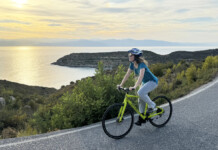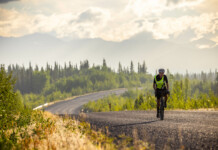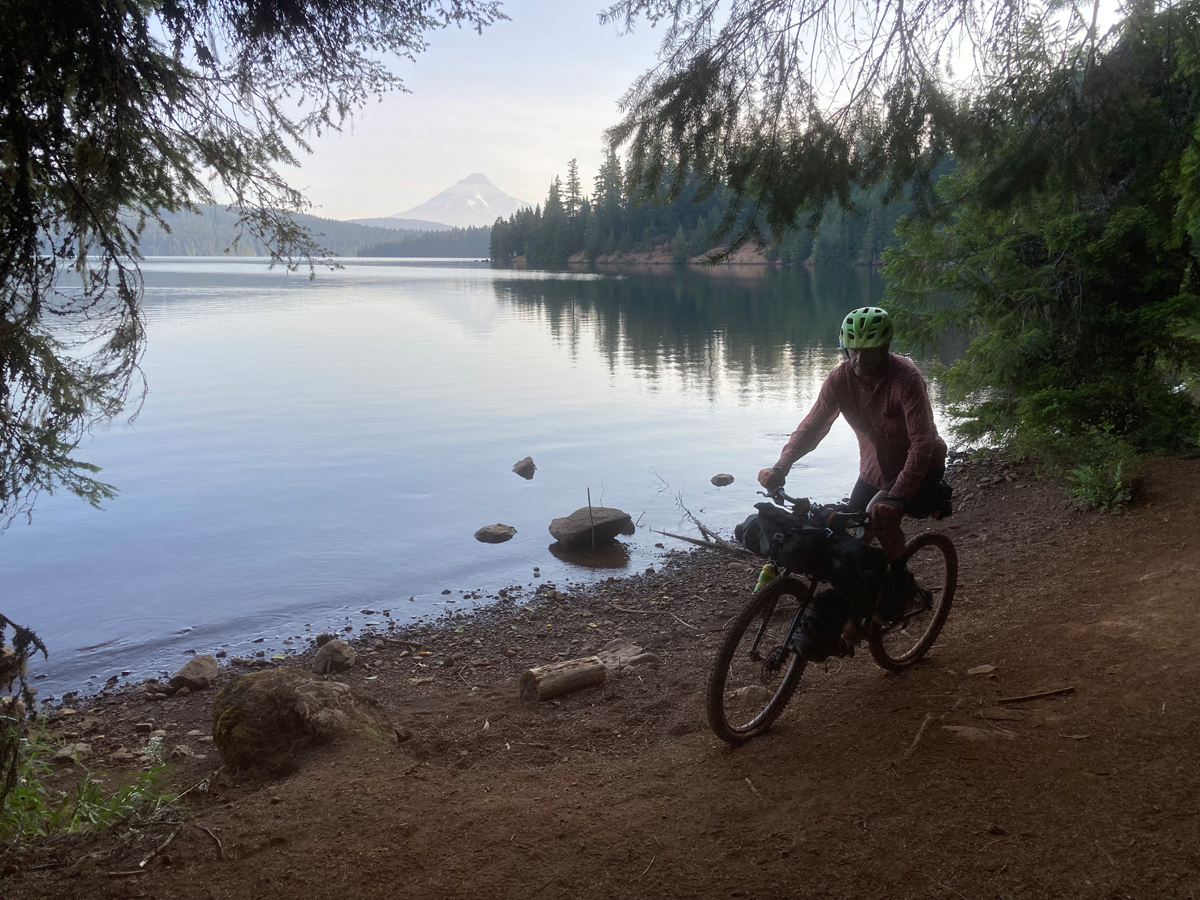By Lukas Brinkerhoff — Mauricio is perched on the round white table in front of us. He’s a concave chested man in his early 20s. Fair skinned, thin and with hair that appears to be salt and peppered but not due to age. He is the grandson of Antonio Nunez, 4th discoverer of Cuba, and has just spent the past hour giving us a private tour of the museum that is attached to the back of his house.
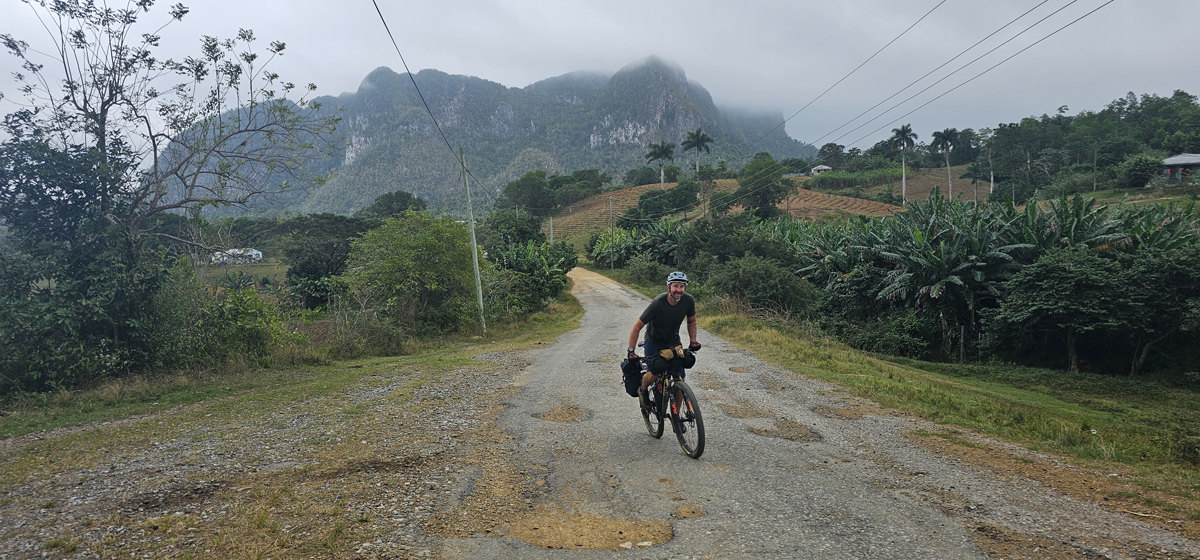
The conversation has ranged widely but mostly around family and politics. Mauricio lived 2 years in the United States, spent several months traveling the country with his dad as a long-haul trucker and then chose to return to Cuba. He stated plenty of reasons, the foremost of which was safety. He just never felt safe in the US. As he put it, “You never know what someone is going to do. If you have a small argument, they might pull out a gun. Here, we just yell at each other and get over it.”
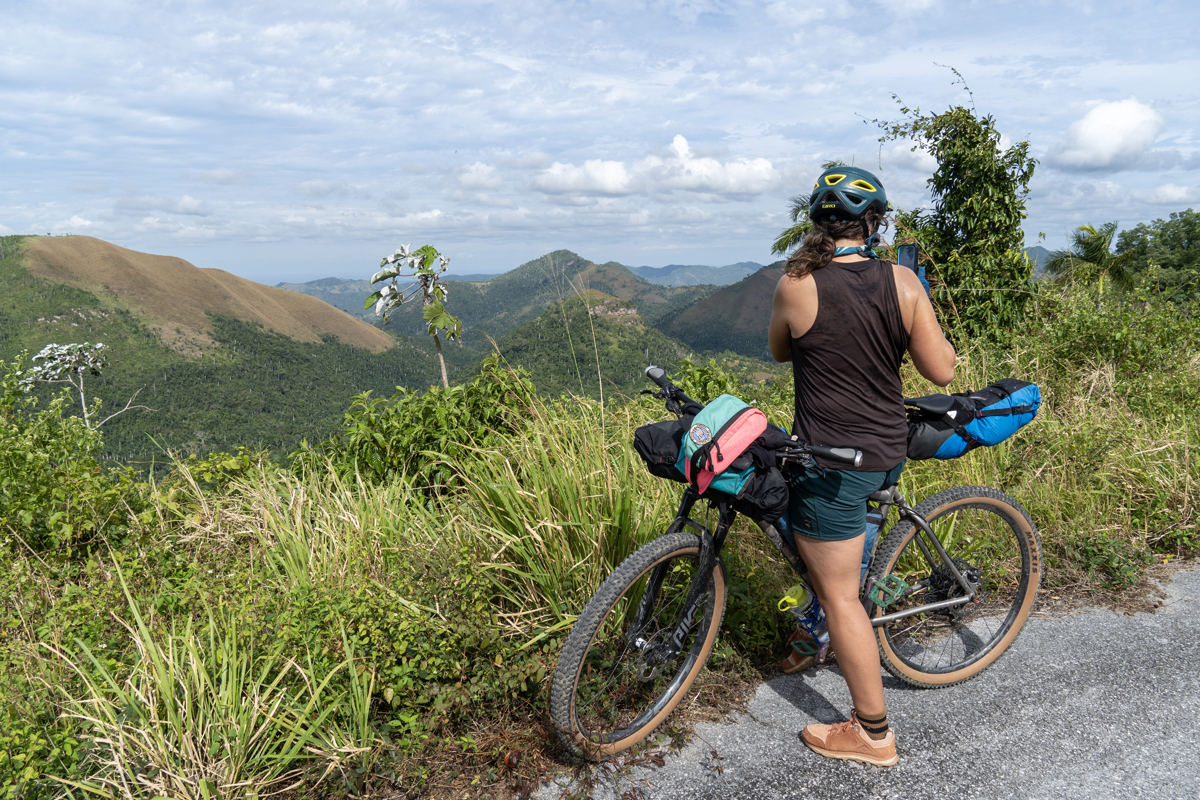
Up to this point, our conversations with Cubans have been at best superficial and at worst, guarded. They tend to be conservative in their approach to foreigners, more likely to wave from a distance than to respond to a greeting. Few have openly demonstrated any version of curiosity for the four gringos bicycling through their country.
Even Mauricio has kept his distance. As our host, he made contact, ensured that we had the basic needs of our accommodations and attempted to help us procure things we needed, but our conversations were nothing more than that.
Until now.
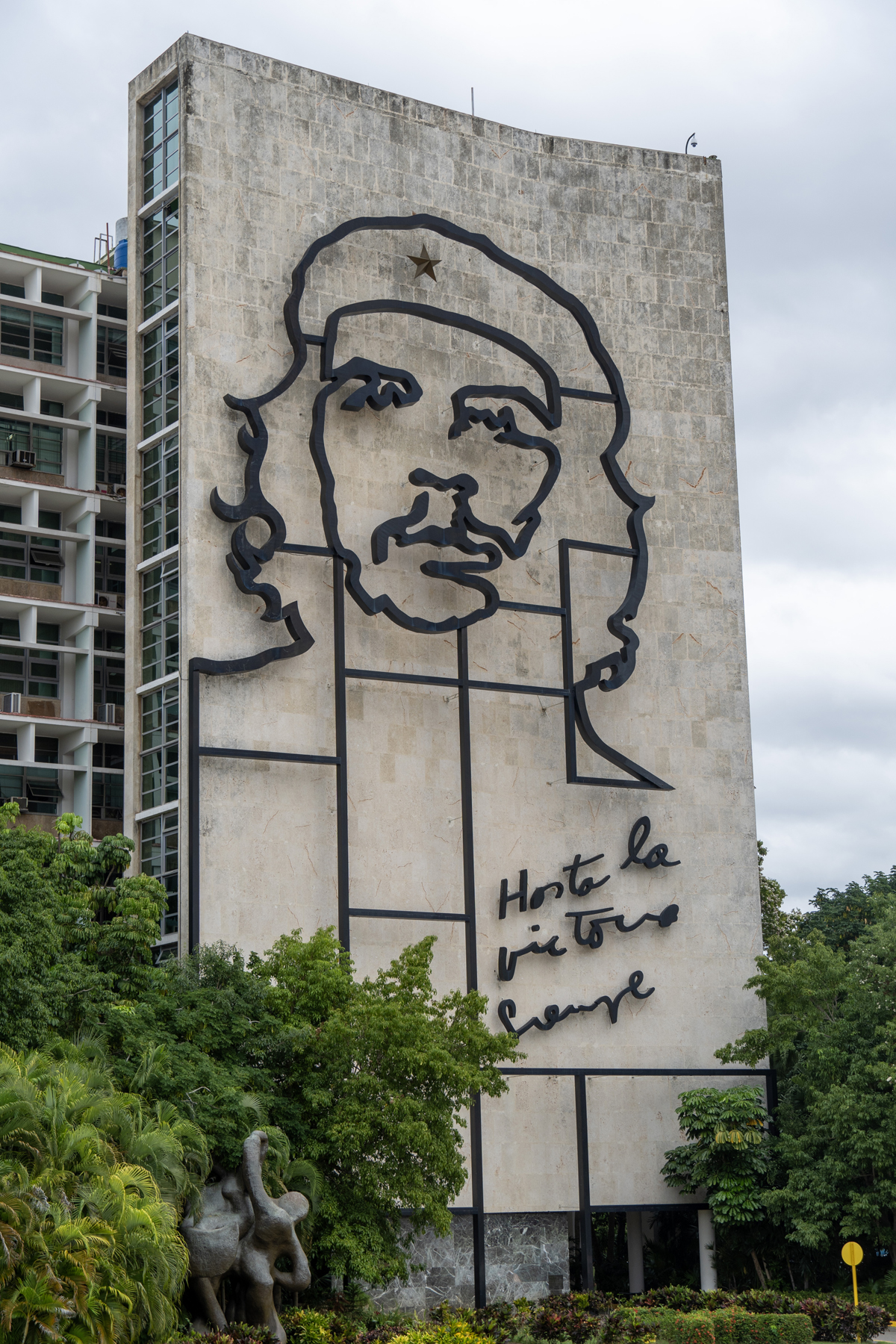
He leans in a little bit, maybe out of preoccupation, more likely out of genuine curiosity and simply asks, “So what do you think of Cuba?”
It’s a question that has been occupying my mental powers since the 2nd day we were here and yet I still feel unprepared to answer.
I am soaking wet, kind of the default setting for this island. Today, it’s not due to rain. It’s the humidity, heat and exertion. Our route headed up a couple of hours earlier taking us from the South Coast inland through the mountains. Up to this point, it has been crazy steep, but paved making it rideable. As we take a hard left and head up a steep, rocky, dirt road, that all changes quickly.
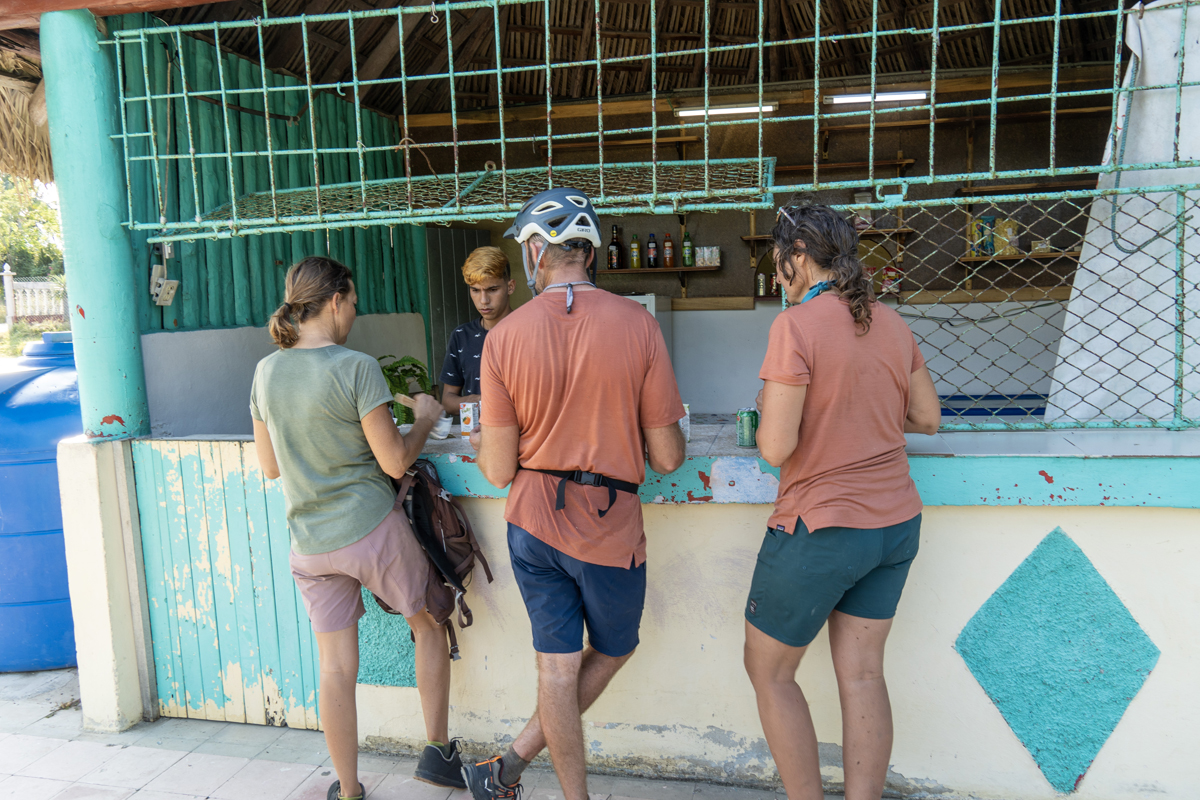
We are about 1/3 the way up the first hike-a-bike when a man walks out from his house. He slows, taking a few moments to assess what he is seeing and then starts walking alongside us. He asks if we are headed to El Toro. We are. After informing us of the terrain ahead, he asks where we are going from there. We answer Entronque Los Palacios. His face turns incredulous, and he responds with words oft used to describe this route, Ruta Mala.
After finishing up the first push, we thank him for the beta and leave him as we are able to start pedaling. His words add some uncertainty to what we are about to attempt, but we chose to come here and are plenty familiar with hard things. After all, it’s hard things that make life worth living.
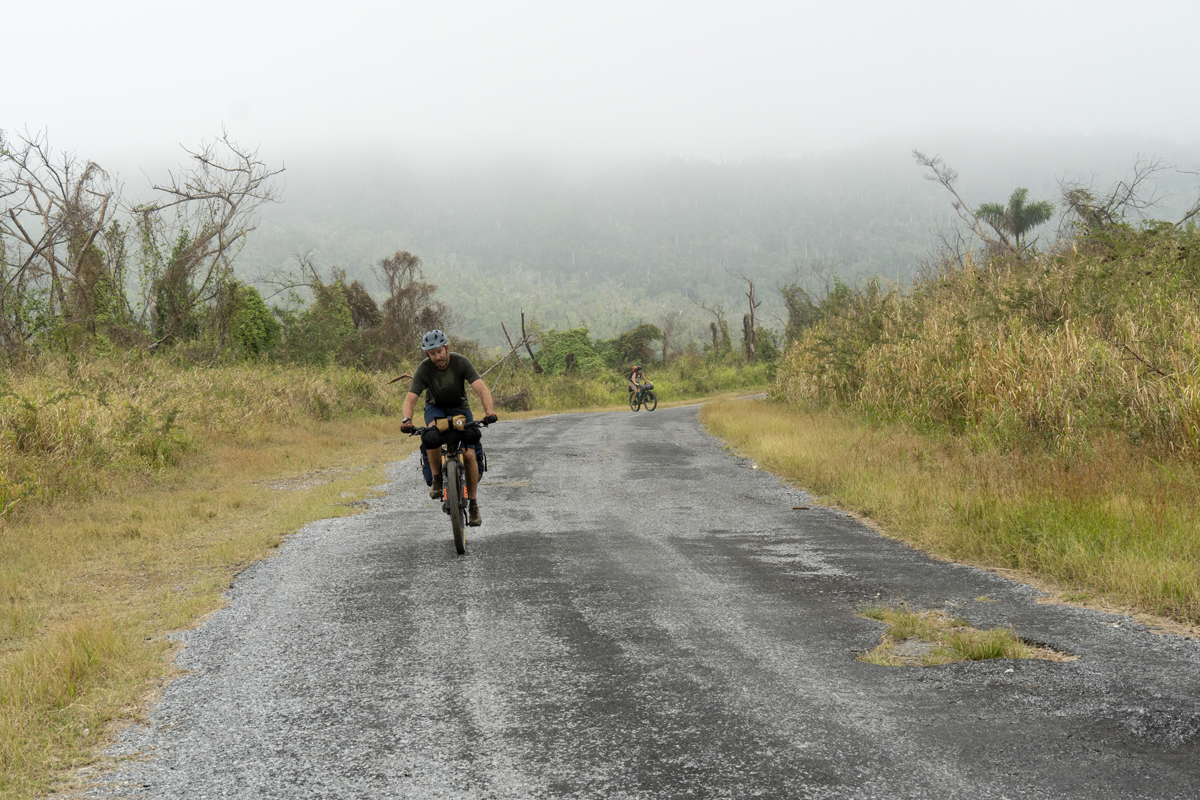
The road continues as he had described. We have a few more hike-a-bikes, but the majority of it is rough but rideable. That is until we hit El Toro.
El Toro probably shouldn’t be described as a town. It’s a dot on a map in the mountains. There are about seven houses clumped together in a little recess in the jungle. It is accessible in two ways. The most common, the way we just came, is a dirt road that is steep, rocky, loose, muddy, but navigable with four-wheel drive. The other, that from what we can tell is only used by horses and maybe the occasional foot traffic, is barely even a trail. In several places, it fades leaving faint options to push through the sharp, stabby plants.
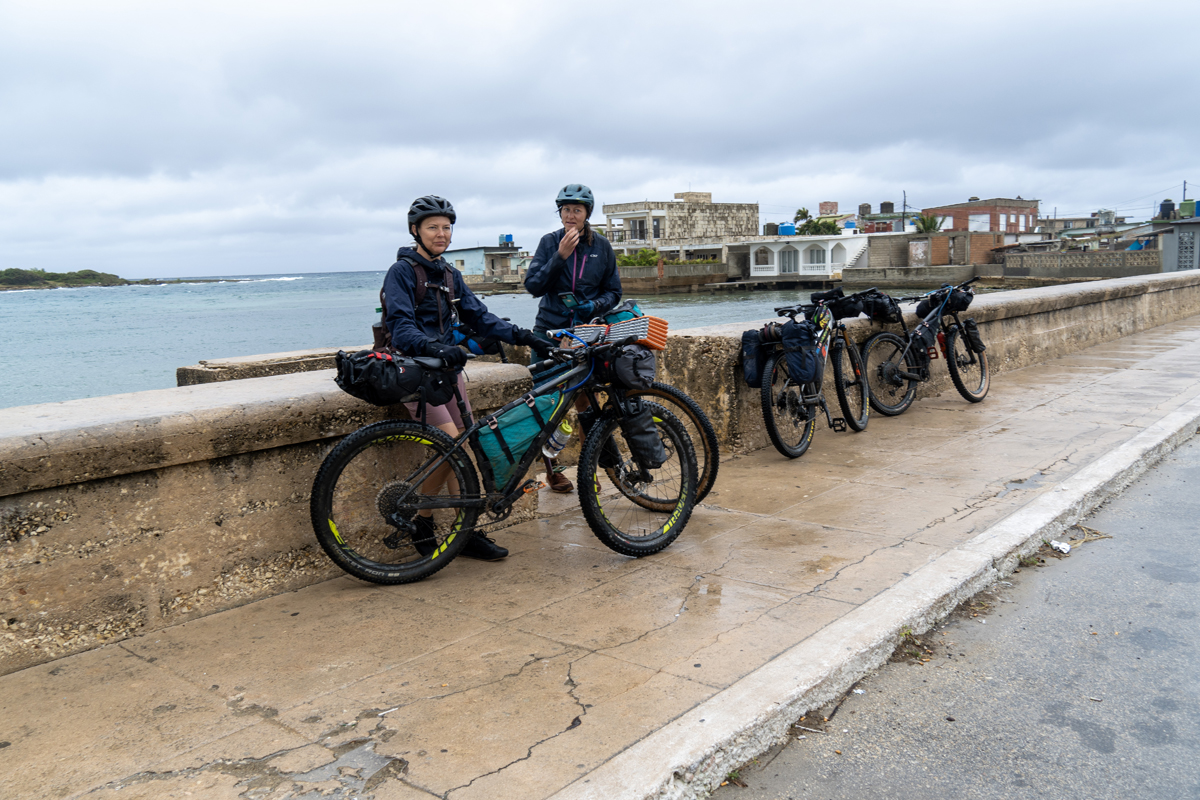
The trail disappears almost immediately. John and I push forward, dragging our bikes through vines, over logs and around razor plants. Soon the sweat that has poured out of us for hours is mixed with blood and mud. The route options seem to all go somewhat in the same direction. We can hear each other, but visually we might as well be miles apart. There’s a lot of vacillation. Which route? Does this even go? Push, pull, back track. The two trails we are simultaneously pursuing eventually converge and we push through to the top. We’ve progressed ¾ of a mile in an hour. Being at the top feels like things are about to improve, but like most things, good and bad are mere opposing faces of the same coin.
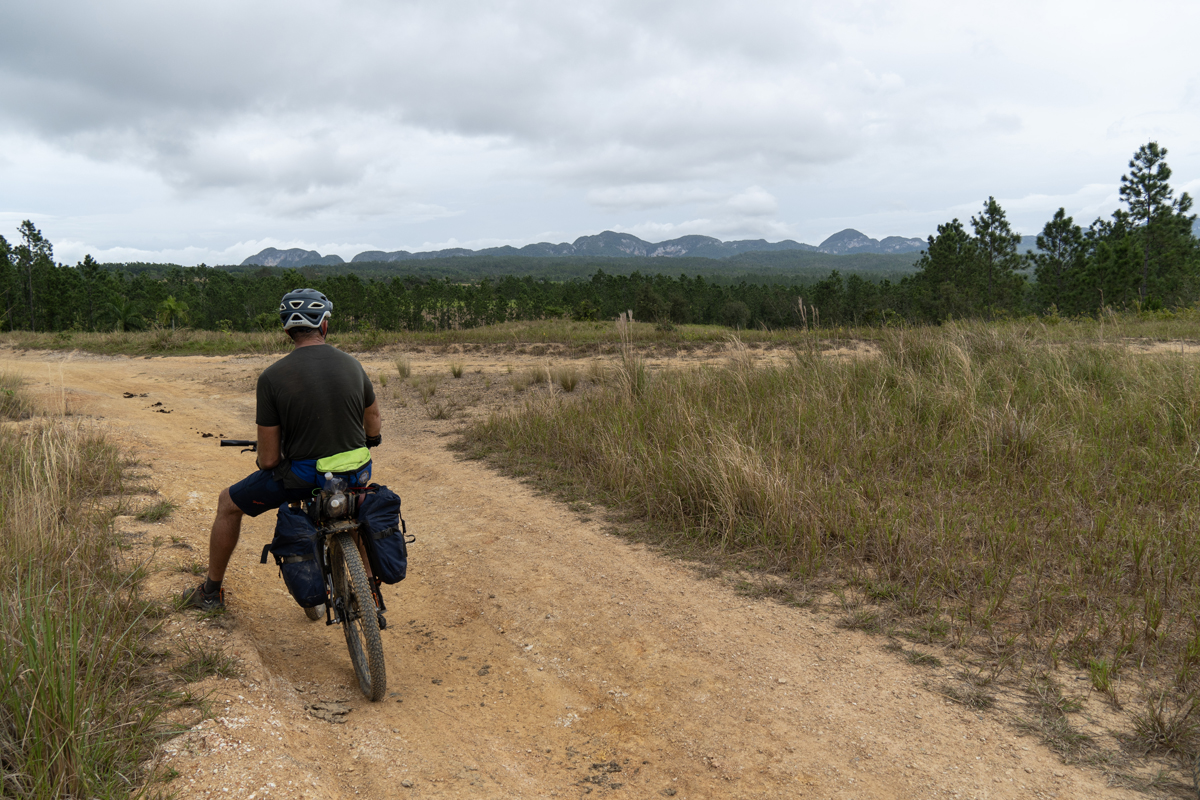
On the flipside of this coin, the vegetation is less dense. There is less moisture and there is mostly a trail. Although that trail is often a two-foot rut filled with loose rocks dropping precipitously down the side of the hill making it unrideable.
Now our bikes are dragging us down the mountain.
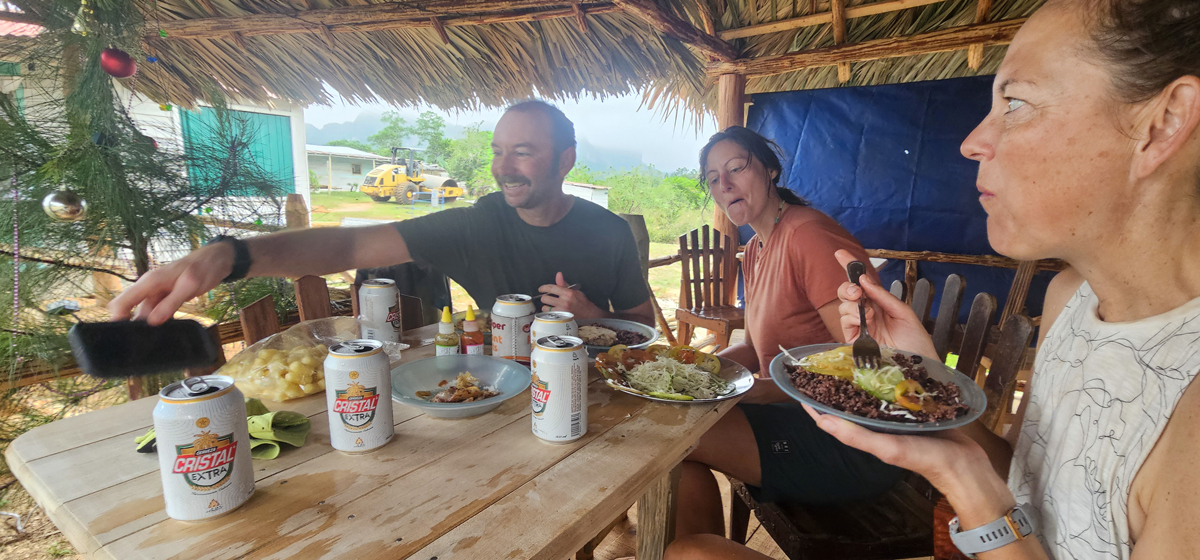
After two hours, more curse words than we can remember, maybe some tears, lots of sweat and blood, we finish up the 3 miles from El Toro and pop out on a small dirt road to the confused looks of the locals.
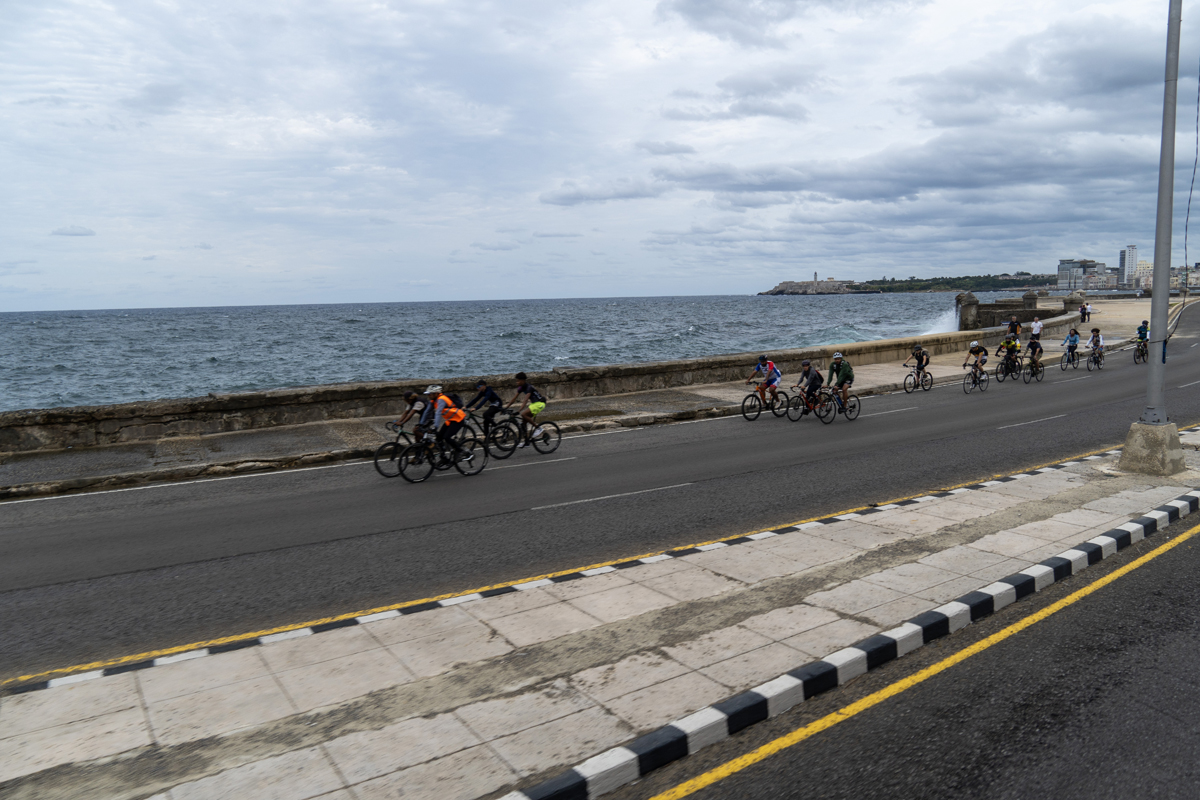
Our elation to having pushed through the nonsense is short lived. Upon hitting the junction, we find a small cafeteria. It is open, but unfortunately for us, the attendant has nothing to sell. She gives us some vague directions to a house that might rent rooms. We hop across the street and grab some beers and head toward what we are hoping is a place to stay. After passing a house that kind of fit the description but was on the wrong side of the road, we stop to ask again. A young man indicates that, yes, that was the house, but he also says that there is one more coming up that rents rooms as well. We push on only to find that house is a raucous party of toddlers and merrymakers.
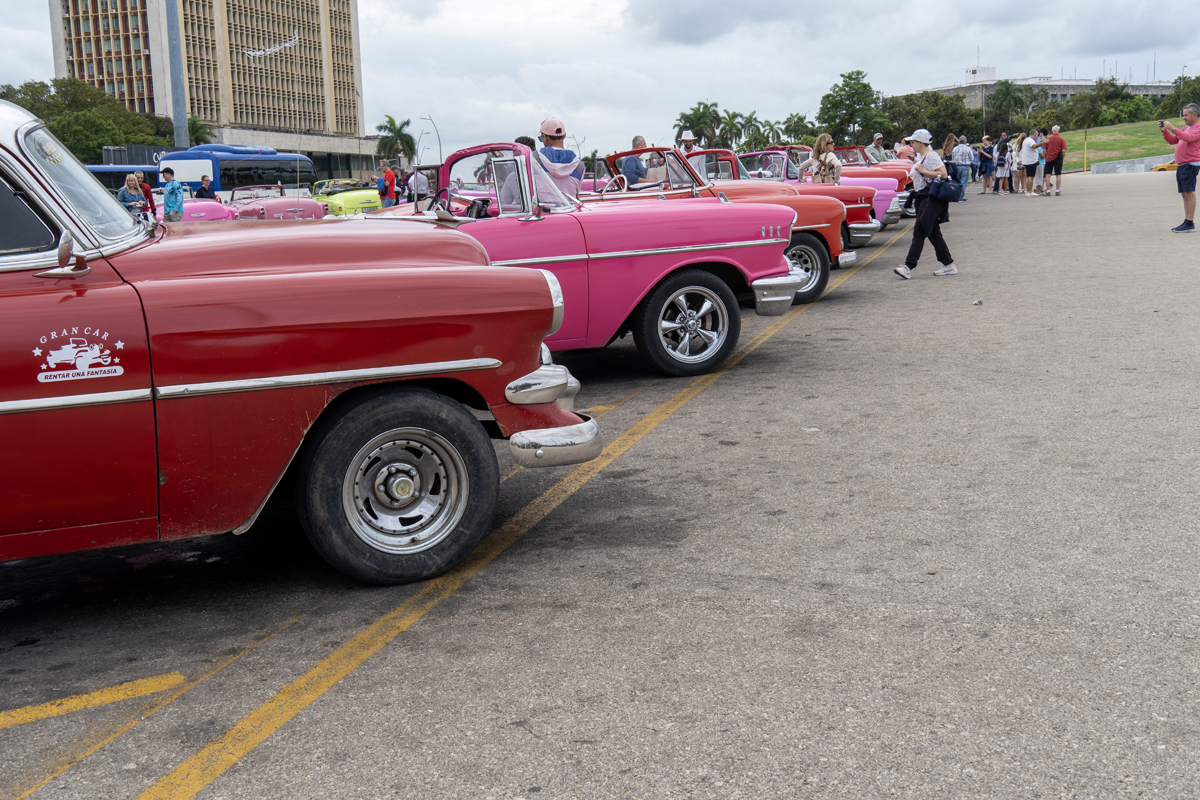
Instead of a warm shower, we find ourselves rogue camping in a field getting swarmed by mosquitoes. We planned to build a small fire to cook the little bit of food we had brought with us. After getting a nice fire pit and perch for the pot built and wood gathered, we discover that the one lighter among us has gone missing.
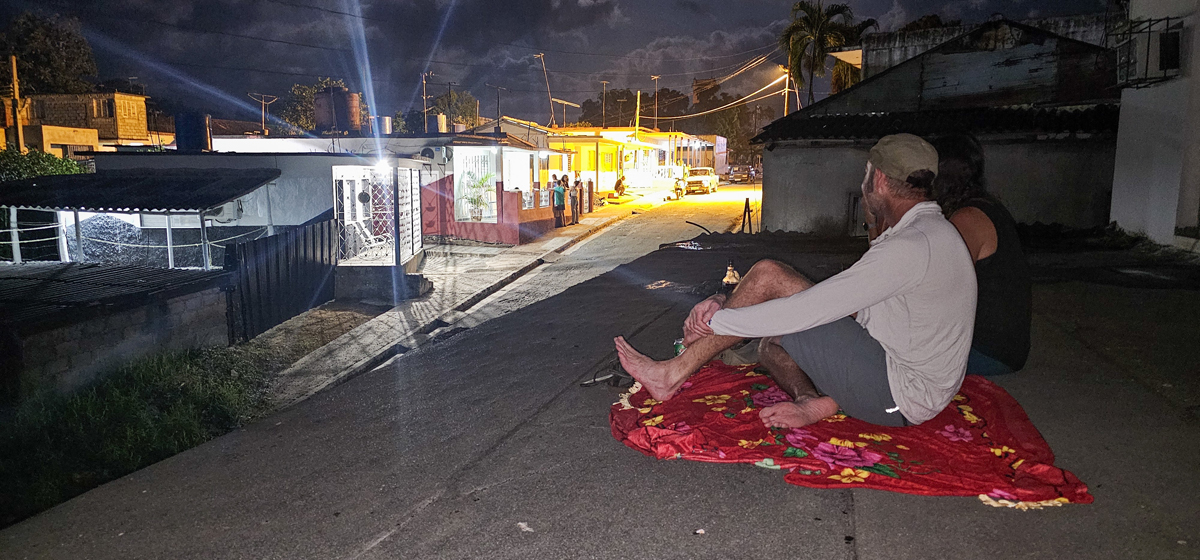
Half of a beer plus a swig of rum each will have to suffice. Merry Christmas to us.
As humans, we understand that an objective reality exists. There is a Truth. We just don’t have access to it. Our reality is our perception of that Truth filtered through our experiences, contexts, prejudices, desires and senses. It feels like the Truth, but it is merely our truth. As much as we wish that our truth was the Truth, it’s impossible for us to know if it is.
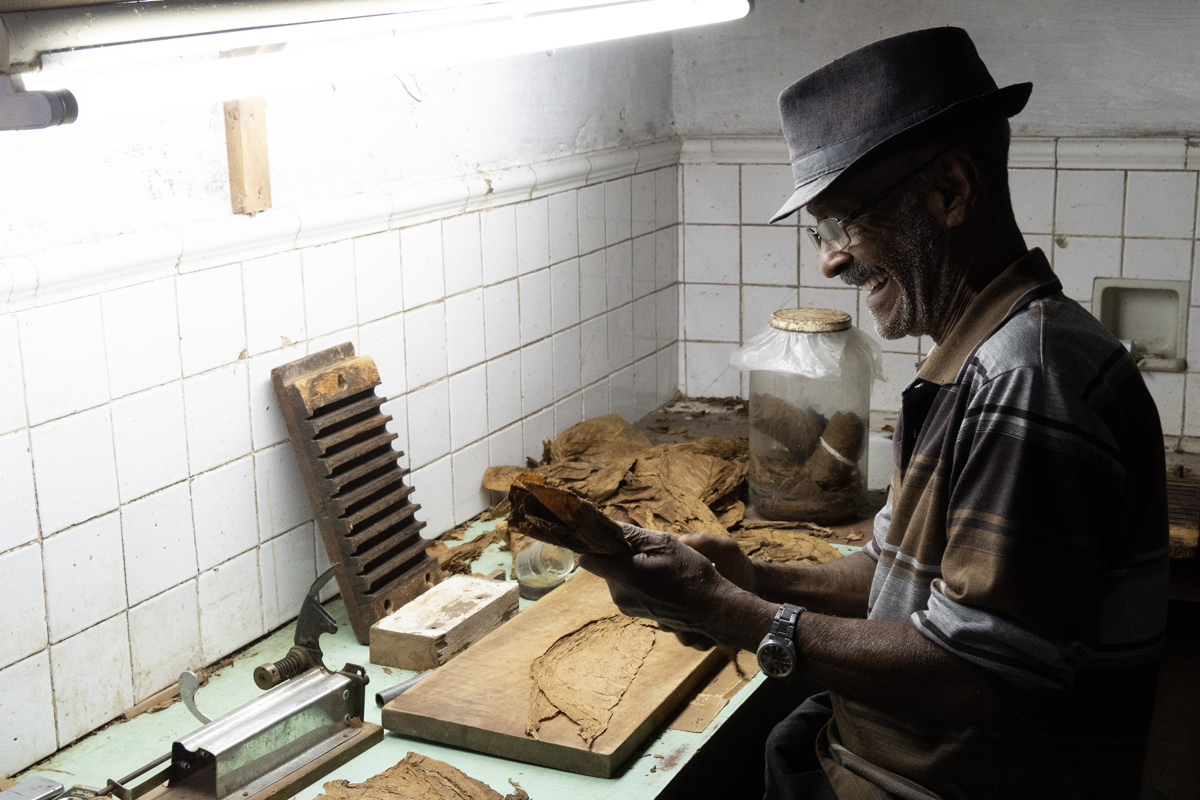
The Stoics took this a step further and taught that we should reserve judgement. By first accepting what is without assigning good or evil to it, we have the chance to work through it and see where it goes. Often the most trying situations are looked back upon as building blocks for something better. We might not see it in the moment, but when we see the result, we understand.
To assign good or evil to any situation is to believe that you have access either to the Truth or that you fully understand the end result. Both are shaky ground for humans.
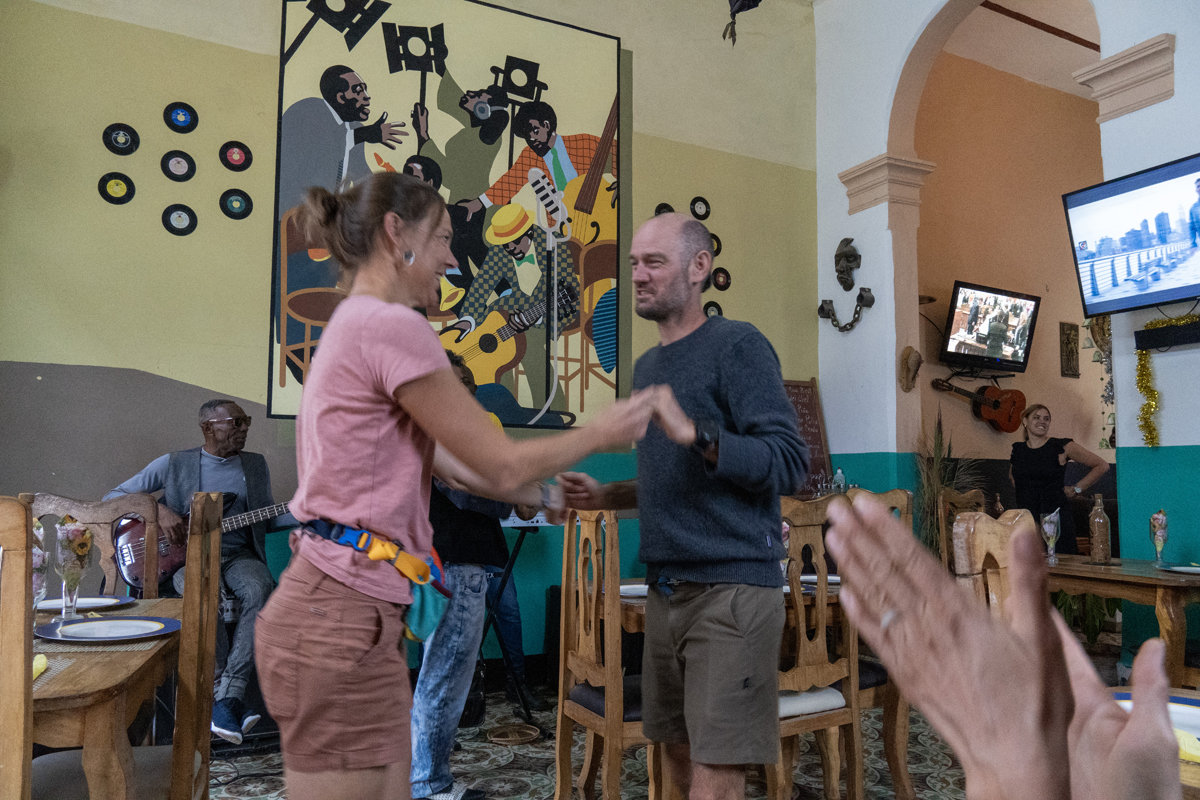
We awake in a 2nd story apartment that I describe simply as “shit hole” in my journal.
Arriving in Bahia Onda the afternoon prior, we had set out like most other days looking for a place to rent. This turned into a goose chase with several plot twists that ended with us stoked to have anywhere to sleep even if it meant dragging loaded bikes up a flight of stairs that could have passed as a ladder to sleep on a mattress shaped like a hammock. At least the shower attempted to pretend to be warm.
This small industrial town isn’t done with us yet. The power gets shut off just as we are looking for breakfast. We find a couple of cafecitos and some croquetas before realizing we just need to get the fuck out of this town.
We pedal out with hopes that we can find something to eat along our route.
About 10 miles later, we find just that. A restaurant that is open, has cold beer and food. It is still pretty early but we need something to eat, so we stop. It takes long enough to get the food that it turns into lunch, but we are stoked to have happened upon it and that they are willing to accommodate us.
Back on the road, we’re headed for another industrial town, Mariel. Gaia shows a few Casas Particulares and we hope we can find something. We arrive early and immediately set out to see what there is. The first spot only has room for two of us. The next spot isn’t open and we can hear the screams of pigs being slaughtered across the street. This town has a similar feel to the one we left in haste this morning.
Mariel is a hard no.
Then, a few miles farther down the road, Nuevo Mariel is also a no.
Then Menalao Mora is a no.
At this point, we’ve been wandering around looking for a room to rent for close to two hours. At every no, we get new beta and push on with hopes that something will be there. Our last bet is placed on Playa Banes, a small road at the end of town that heads to the beach. Gaia shows nothing, but a man in Nuevo Mariel told us there are lots of places for rent on this road. We give it a shot.
There are no signs to suggest there are any Casas Particulares on this road. There is a lady painting her gate and I stop to ask. She says that there is a green house on the right side of the road that rents rooms. We need to ask for Juan Carlos and tell him that Mora sent us.
We feel elated, until there is no green house on the right side.
Stopping again, I ask a lady hanging her laundry. She says yes, two doors down on the left side of the street at a blue house is where we will find it. We ignore the color as the house is certainly not blue, but call anyway. Juan Carlos appears next door asking what we need. I tell him that we are looking for a spot and in incredibly fast Cuban Spanish he says that he might have something. He disappears only to pop out at the gate where we are standing.
He beckons us in and says the house is typically for rent but it might not be, but he might be able to do something. Normally, it’s 6-8,000 pesos for 24 hours, but he has to talk to the owners. It’s a lot of vacillation. I’m confused when he shows us the house. It’s big, three rooms with a nice kitchen, individual bathrooms and plenty of space. I tell him we will take it if he can rent it to us. He leaves to call the owners.
We see him on the roof of the house next door trying to get cell service.
He comes back to us, says he can’t get a hold of the owner, but for 10,000 ($40ish USD) pesos it’s ours for the night. He is acting like he has just asked for a fortune so I ask if that’s per person or per room. He responds that it is for the whole house. Done deal!
He gives us the keys and disappears. We are then treated to the absolute master of Cuban showers, full pressure and incredibly hot water.
For every 3-5 Cuban no’s, there seems to always be a yes that blows us away.
Humans have spent millions of years fighting back nature. We have been successful in this fight. We now enjoy motorized travel over smooth roads, refrigeration and air conditioning, overabundance of calories and a level of comfort never known. The downside to our success is that because we evolved to live in a world of scarcity, our brains are not capable of controlling our consumption in an environment of excess. This leads us to be almost completely immobile, to consuming more calories than we need and an obsession with just the right temperature. Our success is slowly killing us.
Cubans do not enjoy smooth roads. Most of the Carretera Nacional, or National Highway, is a two lane, pot-holed road that sees little traffic. It is slowly becoming unpaved. This slows down traffic. It was not uncommon for us to keep pace with a car that had just passed us as they were forced to slow down and maneuver around all the holes. The roads felt like they were built for cars but have been taken back by the Cuban people or nature or both. This included drying rice on the roads. Yes, you read that right. One lane, cleaned and then covered in rice and left to dry.
Refrigeration and air conditioning are surprisingly abundant on the island. Every Casa Particular in which we stayed had an AC and a refrigerator, the latter stocked with beer. The biggest difference in Cuba is that they can’t leave their house via a temperature-controlled garage and then use an automobile to get to the next spot. Nope, they have to walk outside, wait for the bus in the rain, find a ride, jump on their bike. Cuban streets are not orderly affairs with cars whipping through the lanes, they are more of a street fair that allows vehicles to pass when they show up. Cuba is a place you are forced to be uncomfortable.
Junk food is not readily available in Cuba. Heavily, or super processed foods, are almost non-existent. We did see packs of cookies and the occasional bottle of soda, but these were usually expensive and based on what we saw, rare. Instead of packing our bags full of chips, cookies and soda, we ate whatever food we could find in the towns that we passed. This was whole food processed locally. We often went without our morning coffee and ate breakfast when things actually opened. The idea of a schedule is a loose thing in Cuba. Even with this lack of food, I never felt hungry. It seemed that the island always provided just enough food when we needed it.
Cubans are still fighting against nature. Due to this, there are two things that we have come to expect in modern society but are in short supply, obese people and beggars. While there isn’t an abundance of calories, it appears Cubans have enough to eat. And on the flipside, they don’t have too much to eat and their system keeps them moving constantly throughout the day.
One thing that Cuba does lack is excess.
My eyes flit open. It’s a little after 6 am and I think I can hear rain.
I get up, open the slats that pass as windows and flip off the AC. Yup, it’s raining. I grab my phone and climb back into bed but stay seated. There is something romantic about sitting in a small house, listening to the rain and journaling in Cuba. Unfortunately, that’s where the romance ends.
The four of us slowly emerge. We have high hopes for hot coffee. There is a range, a pot and spigot. We had all brought packets of micro ground coffee for these moments, we just need hot water. John grabs a pot and before he can even put water in it, we remember we don’t have a lighter. A search of the kitchen shows that we have no way of lighting the stove. We then look closer to realize the gas range also has no gas.
Foiled. There is a moment of visible disappointment that is followed by a little ingenuity. The oven has electricity to it, maybe it’s electric. It is. We fill up a couple pots of water and place them in the oven at 400 degrees and wait. It takes 30ish minutes but once we start getting small bubbles we call it good and the water is divided up amongst the four of us.
The rain is still drizzling down as we sit on the back porch and begin enjoying our somewhat hot cup of joe. There is something just off and we soon realize that the water is salty. About halfway through his cup, John stands up and throws what is left into the garden in disgust. The rest of us follow suit and feeling a bit dejected begin to ready our gear for the final push back to Havana.
The rain stops just as we are ready to go. We lock up the house leaving the keys in the door and head out across the yard. Three steps in and the wind kicks up accompanied by rain dumping sheets that quickly cover the lawn in a couple of inches of water. We retreat to the porch. A quick wardrobe change is in order as the wind has changed the temperature equation drastically.
And then we wait.
Another 15-20 minutes and the rain stops. The wind is still ripping but we only have 20ish miles to go to return to Havana. With our rain jackets in place, we head out again. Juan Carlos sees us leaving and stops us at the gate. We thank him for the place to stay and inform him the keys are in the door. He thanks us and disappears. We push our bikes out into the dirt road and begin to pedal.
The storm holds back for a bit, but soon we are pedaling into near horizontal rain. With our heads tucked down, we pedal the empty highway as it fills with water. The only vehicles to pass are a couple of large farm trucks used as busses. The Cubans in the back are exposed to the rain and the wind just like us. I’m not sure who is in better shape.
John pulls over at a bus stop that provides a semblance of protection from the elements. We have no water, our breakfast was a ProBar and a few left over snacks and we are now on the side of the highway waiting out another squall.
As the rain tapers, a couple of guys pop out of the bus stop as it doubles as a cafeteria. They seem confused at our presence but have some bottled water and juices that we promptly buy and consume. As we are sitting there rehydrating, a lady walks up. She is wearing a big black parka, black jeans and the cutest little shoes that leave the top of her feet exposed. She’s visibly cold. I can tell that she walked into the rain as the front of her pants are soaked leaving them a dark black while the back is dry.
We thank the attendant and push back onto the highway. The rain has stopped but the pavement is still covered in water. The wind has slacked and we are able to make decent time. Playa Baraquoa, the first harbor of Cuba, is our next stop. We follow a small road down to the coast. The surf is pounding driven by the storm. There we rest and get some photos. There are a bunch of restaurants, but they are currently getting ready to open. We trudge on.
La Havana was within striking distance when we started and soon we are traversing through the city. With our heads down, we push through and end up in Miramar where Mauricio’s house is well before noon. We drop down to the beach, find a restaurant that is open and plop ourselves down for a celebratory meal upon completion of our journey. We start with breakfast, move onto brunch beers and end with lunch. The whole time, the wind is driving the ocean, and we can hear and feel the weather as the seating is open air. Once we are all feeling fat and happy, we load up and head to the house.
“Cuba is Cuba,” I respond to Mauricio’s query in Spanish.
I came to Cuba because I knew that the Truth was twisted and I needed to see it for myself. I know my perceptions so it is easier to turn off those filters or at least recognize that they exist.
My perception is shaped by my connection to the natural world and it is my belief that most of the issues we experience in modern society are due to our disconnect from it. The Cuban people are in the thick of it. They are still pushing back against that natural world. Their daily efforts still revolve around food, transportation and community. From the outside looking in, it’s easy for me to view their scarcity as a resource, as a way to keep a population healthy and engaged, to keep them more connected to the natural world.
I landed in Havana with the expectation of seeing something special and I did. We wandered around the Cuban country, interacted with the people in unfiltered exchanges and felt the island’s warmth and humidity. What I didn’t expect was the way their society’s structure had given them many of the things I feel we need in the United States, unpaved roads, less access to food, the necessity to move under one’s own power creating a connection to both community and nature. One could look at these things as a failure of the Socialist Revolution, and one could be right. I struggle to look at them and not see a system set up to question what can be and the answer is a completely different operating system.
It’s like opening your laptop to find that you must now do everything in MS-DOS.

